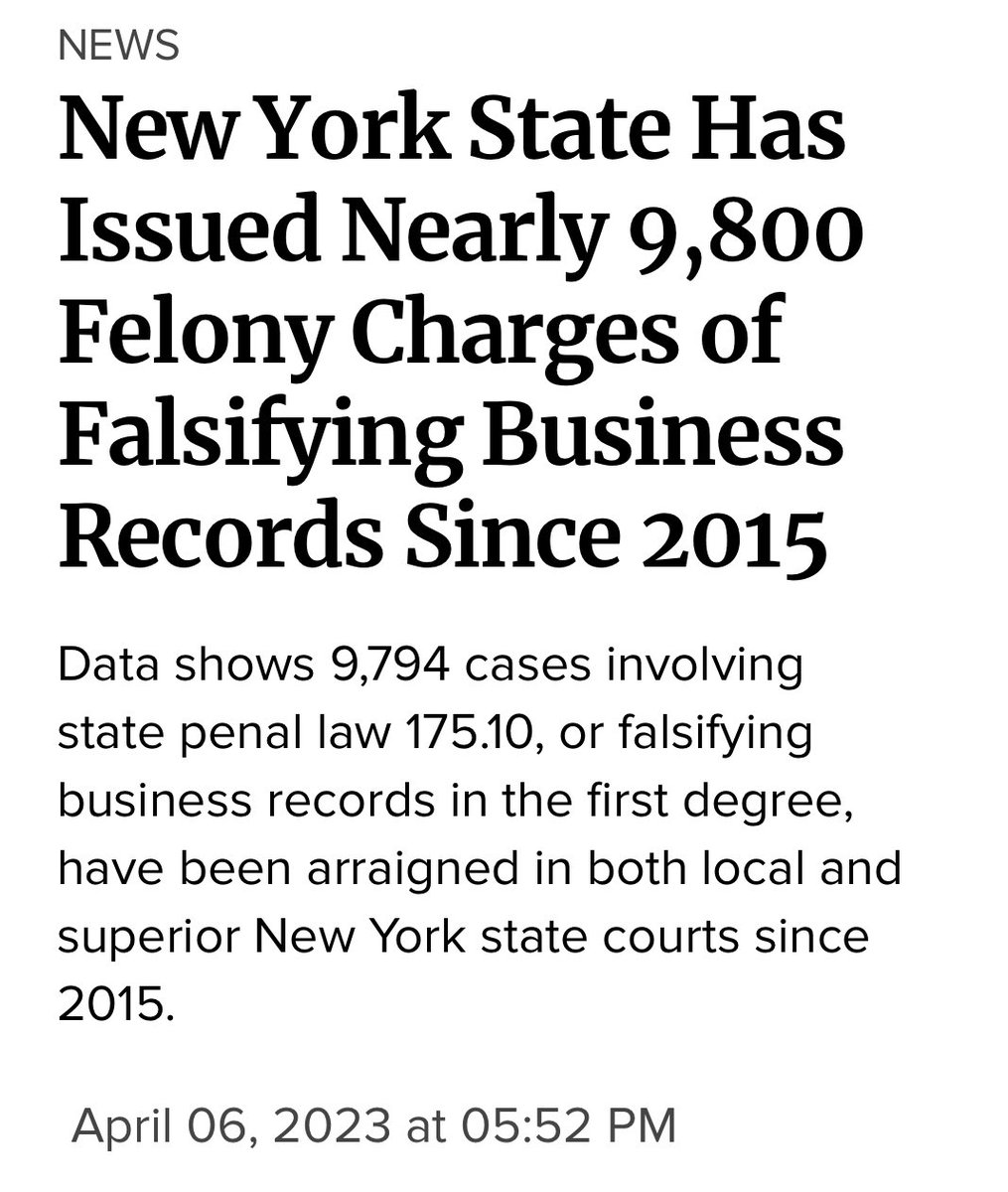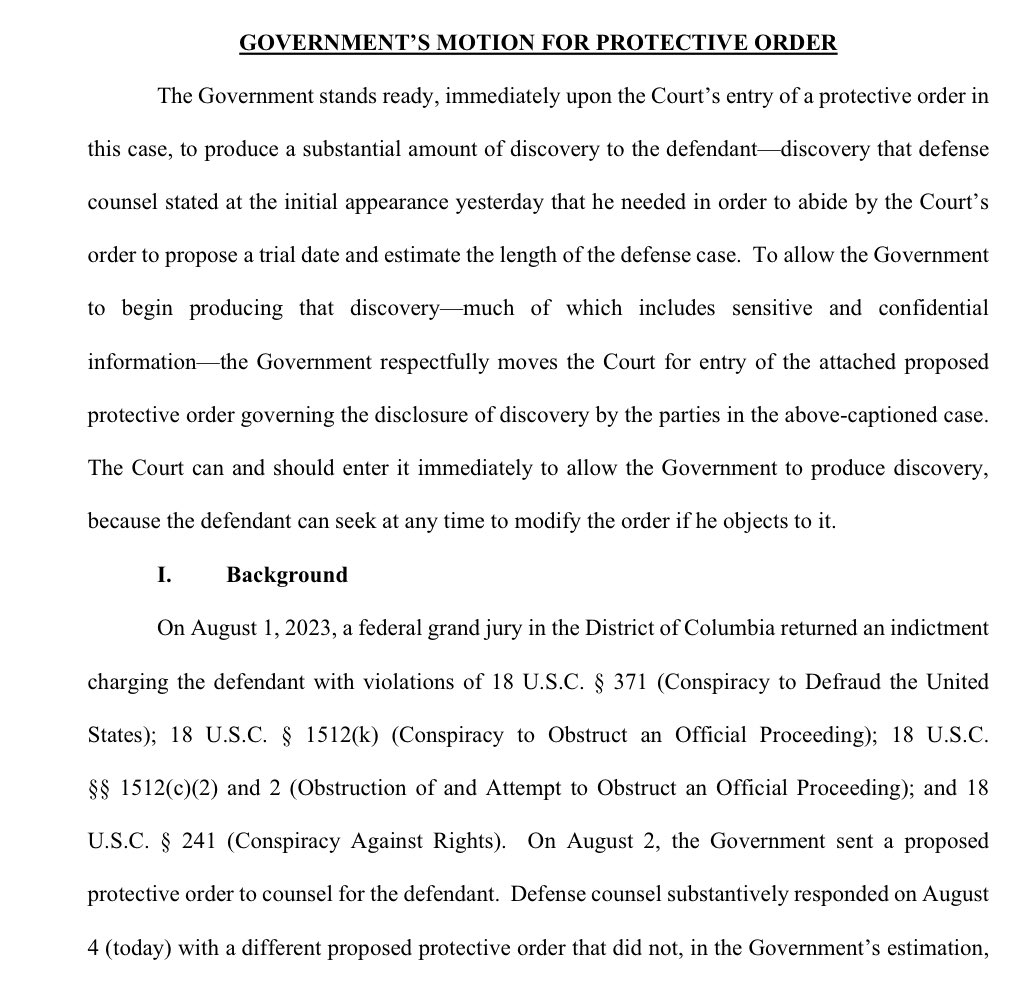Glenn Miller, tax attorney at Katten, placed an article in Quillette last September (quillette.com/2020/09/23/ral…), donated to Bob McDonnell in 2009 and Mitt Romney in 2012, even a GOP AG in WV. He threw a few hundred bucks to BdB in 2016, but nothing on record for Hillary or Biden.
https://twitter.com/MattWolking/status/1455018533218291713
Why do we have to do Jeremy Peters’ fuckin job for him, and why don’t we get paid for it?
Peters’ defense either mistakes Katten for a nonprofit or misleadingly portrays a charity directorship as a main gig. The point he seems to be missing is the founder of an astroturfy anti-CRT group featured on GOP platforms in the run up to 2020 with a long GOP donation history… 

deserves skepticism when he claims (uncheckably) to have voted for Biden in that election, to have voted for Clinton in the election before it, and to be a political independent. Readers should be given the facts that inform that skepticism.
This happens again and again in the pages of the New York Times beneath the byline of Jeremy Peters.
https://twitter.com/nycsouthpaw/status/1010580164722511872
Miller is not a frequent donor to both parties; he’s a frequent donor to one party. As far as I’ve seen, he doesn’t have a recorded donation to any Democrat since he threw some money to De Blasio in 2016. His consistent donations to Republicans run from 2009-2021.
Correx: @KatzOnEarth is right—there’s another 2019 BdB primary donation that pops up if you search by his employer rather than his occupation. Still I don’t think anyone would honestly look at this and go: ah, a frequent donor to both parties. 







• • •
Missing some Tweet in this thread? You can try to
force a refresh

















